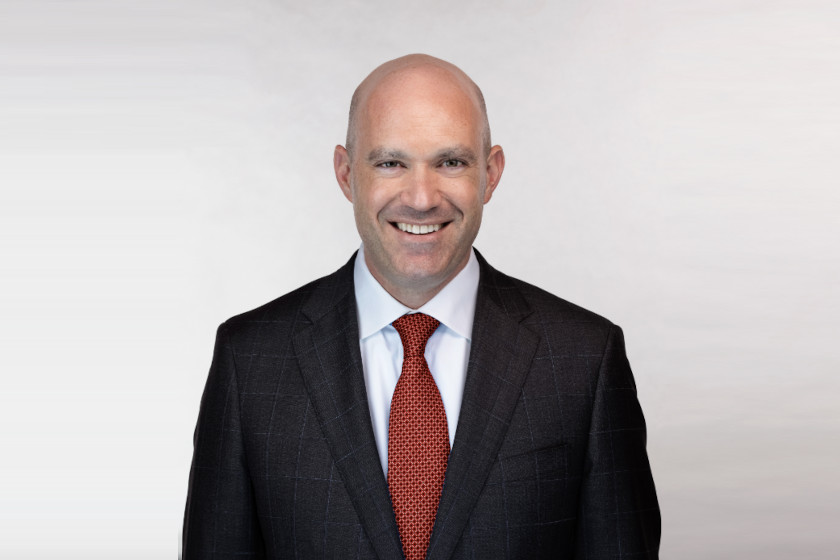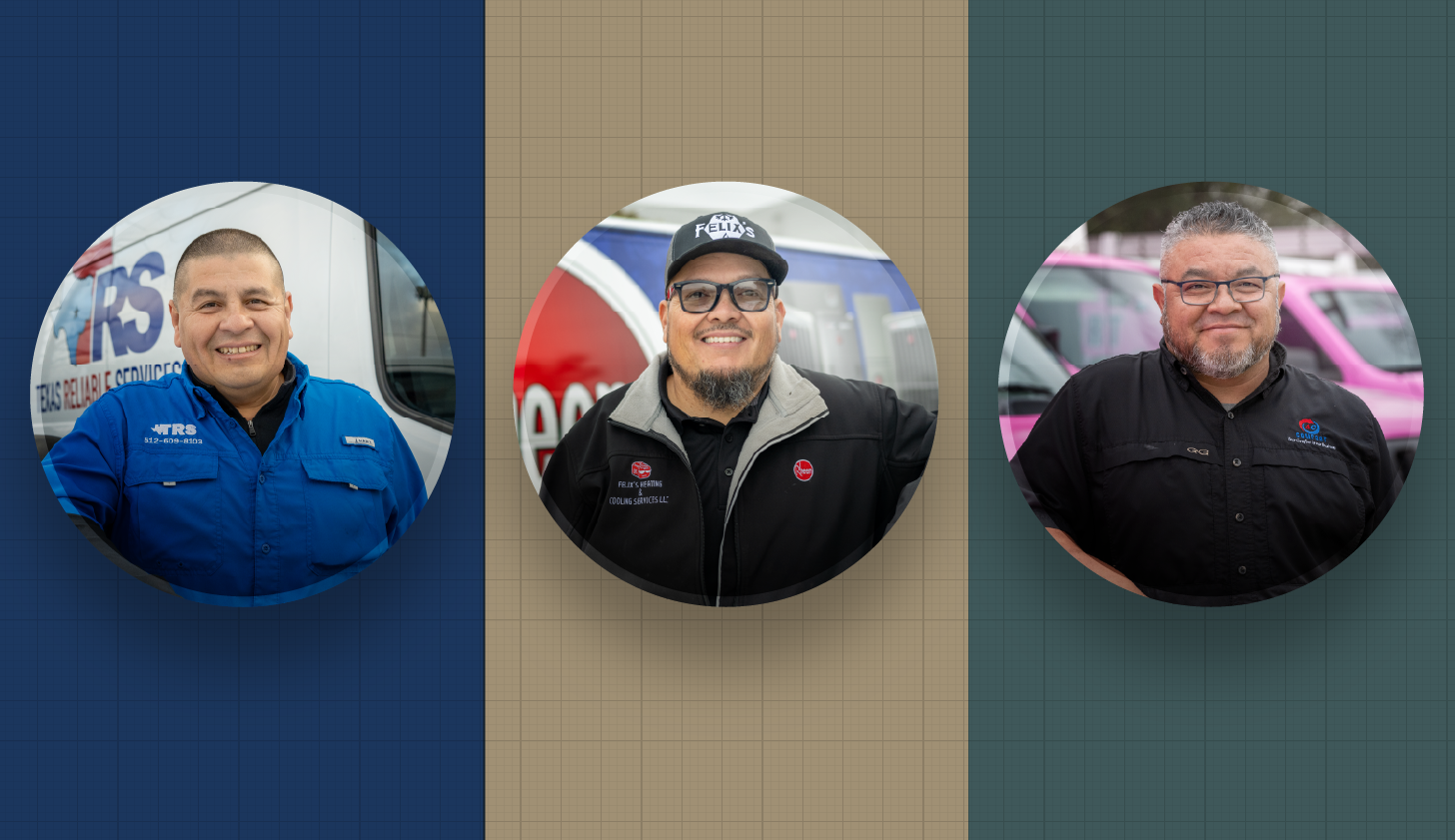Perspective: How Sustainability Factors into Operations
September 10, 2024


Before joining Rheem® I worked for one of its suppliers and, even then, it was obvious that Rheem had made sustainability a foundational value – as foundational as safety. Those values, so ingrained in the culture, inspired me when I made the decision to join Rheem in February of this year.
Planning operations priorities for today and tomorrow
We have so much more data than ever before to understand the impact of factory waste on the environment. So, as I establish my long and short-term priorities for our manufacturing sites, it is far easier to embed sustainability and environmental welfare into our operations. But we would do it even if it weren’t easy. I want my teams to understand that sustainable behaviors deliver benefits in efficiency, waste reduction, and in the overall quality of products we sell to our customers. After all, sustainability, from an Ops perspective, is about fulfilling the responsibility to reduce and eliminate waste in our manufacturing processes so that our focus is, as much as possible, on the activities creating value for our customers. Approaching challenges with sustainability in mind allows for continuous improvement and offers our teams room to iterate and create positive change. This results in innovation and better performance for our business as we empower our people.
Furthering sustainability within operations and processes
Our focus is in three areas right now:
- Zero Waste to Landfill in our factories
- Facility energy efficiency and improved energy sources
- Production process control that improves our product quality and eliminates scrap, rework, or repair
These top-priorities are focused on our physical manufacturing sites; however, we are also prioritizing partnerships with our suppliers and shippers to ensure we are reducing emissions in everything that comes in and goes out of our factories by improving freight routings and utilization.
Adapting to keep up with the changing environmental regulations around the world
Sustainability is a team sport, even more so when you consider the global nature of our business. Our director of environmental health and safety (EHS) is on point to monitor the developing regulations and ensure we are prepared to comply and behave responsibly. By partnering closely with our government affairs team, the EHS director has visibility to proposed regulations or standards and the opportunity to provide input about the impacts those proposals might have on our operations. While some companies refer to this as sustainability governance, I prefer to look at it as a collective effort of all our employees coming together to do the right thing.
Our employee initiative called GoodWorks™, empowers all associates to join a grassroots group where they can inspire change and make recommendations to enhance and improve Rheem’s sustainability program. Certain individuals are tapped for larger roles as GoodWorks ambassadors, responsible for sharing data, tracking projects and communicating with our Government Affairs, Environmental Health and Safey, and Sustainability groups on the Enterprise level.
My personal definition of sustainability
Sustainability means responsibility. I believe resources should not be wasted and we should respect our environment and communities by minimizing our impact. Such an approach is good for business, too. It unlocks further thinking and compels us to innovate solutions that not only reduce our negative impacts on the environment, but also reinforces who we are as industry leaders in sustainability.







